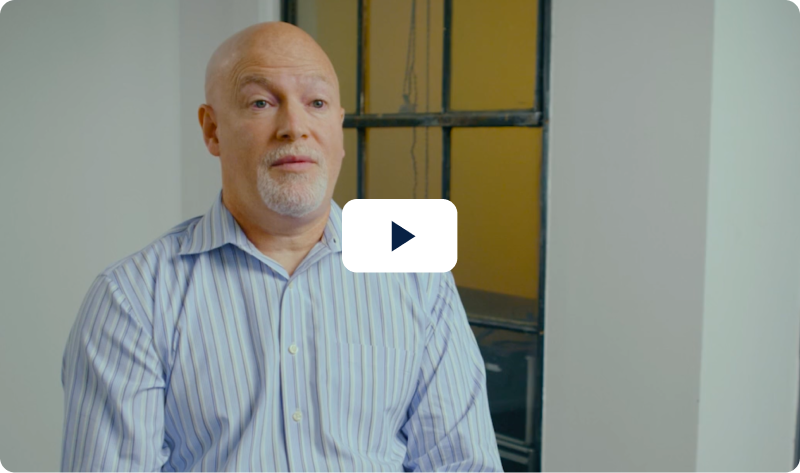Need immediate help? Dial 9-8-8 and press 1 for the Veterans Crisis Line
Starting the conversation
Having a conversation with your Veteran about suicide and making things safer at home can be lifesaving. Learn how to get started.
Make sure you are the right person for the conversation.
How is your relationship with the person you are concerned about?
If your relationship is rocky,
Someone else might be a better choice. Enlist the support of someone the Veteran trusts and who doesn’t have lots of ups and downs with the Veteran. Someone who knows about guns is especially helpful.
Read tips for sharing your concerns with a third person so you can get on the same page.
If your relationship is solid,
Great, you’re in a good position to raise the issue. Still, it can be helpful to have another person involved. Especially if you don’t know much about firearms. It may help to learn about different storage options before you even start the conversation. This way you will have a few different options in mind.
Now that you’re talking frankly together about keeping your loved one safe from suicide, it’s easier to ask how you can support them, whether new treatment might help, and how to make things safer at home.
First, some general tips:
Having family conversations

Kevin, a Veteran, father, and counselor, provides tips on how to start a family conversation about firearm safety.

Luis raises his concerns regarding firearm risk to address his friend Manny’s safety.
It’s ok to ask about suicidal thoughts. Ask your veteran…
“Does it sometimes get so bad that you think about suicide?”
If YES and the Veteran is thinking about suicide…
Don’t freak out. Listen calmly and show support. Click here to learn more about supporting someone who has suicidal periods. These conversations can be challenging, and can bring up feelings that are hard to handle alone. Learn about how to get professional help for yourself or your loved one.
If NO and the Veteran is not thinking about suicide…
Not everyone—especially a Veteran—feels comfortable saying they’re struggling. No might mean no. Or it might mean, “I’m lousy but hanging on.” Also be prepared to hear, “I’m fine. I’m dealing with it,” which doesn’t necessarily mean no. Mention specific things that have you concerned in a caring, non-confrontational way. What can be tough about suicidal thinking is that when a person is really struggling, they might not feel suicidal today, but when another crisis piles on tomorrow or next week or next month, suicidal feelings might suddenly come on strong.
Listen to your gut if you feel like your loved one is seriously struggling. And consider checking in with others who care.
